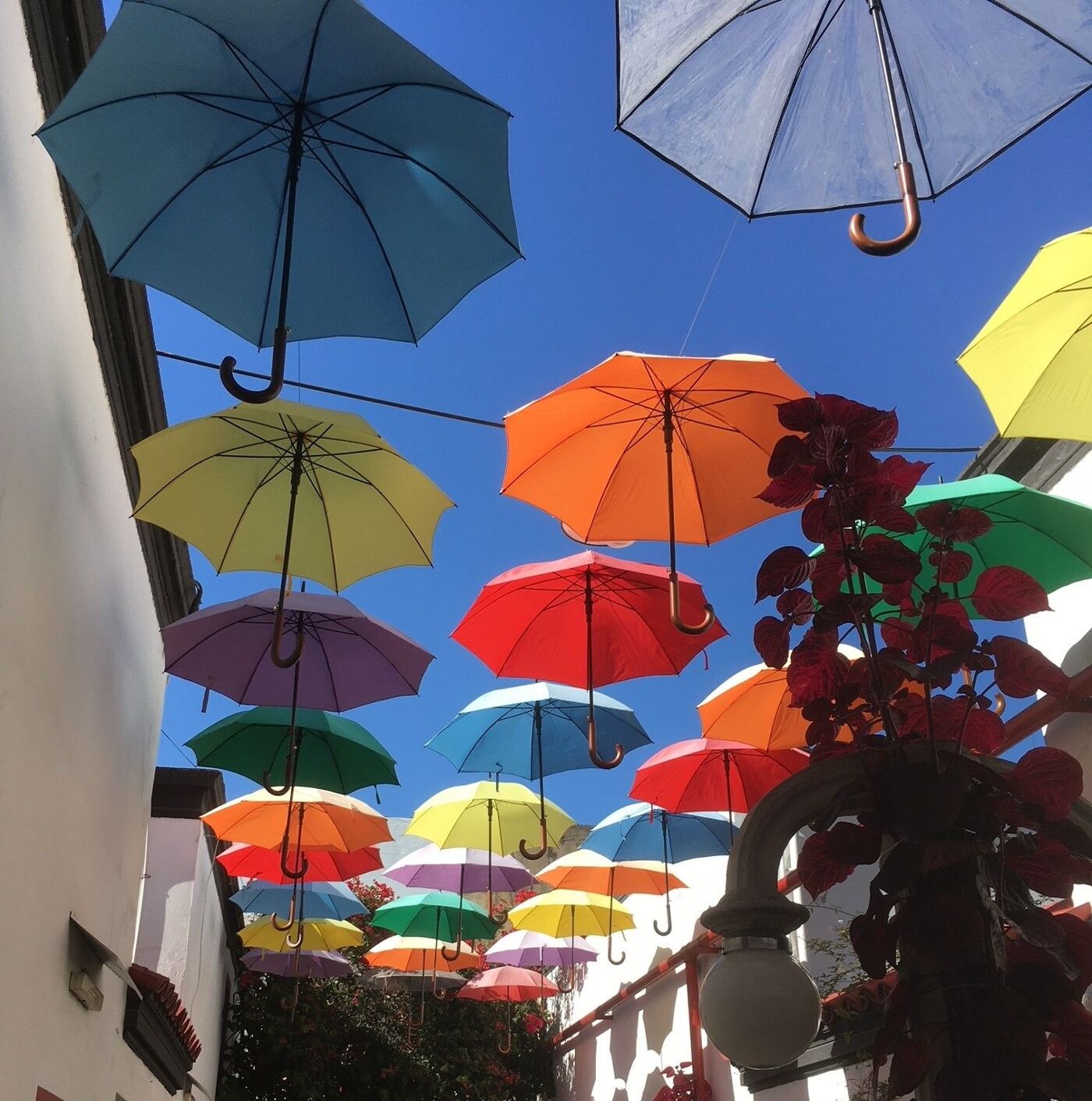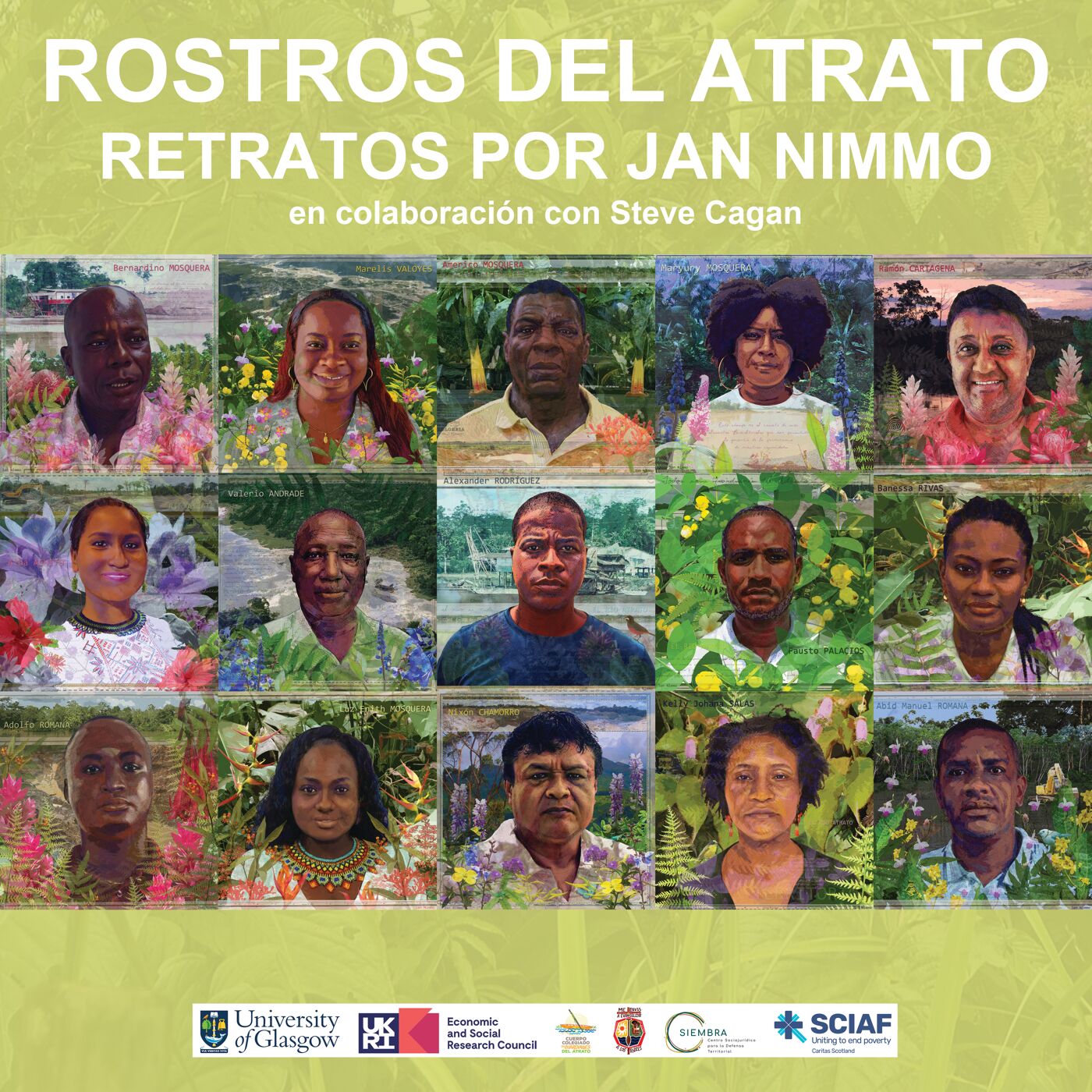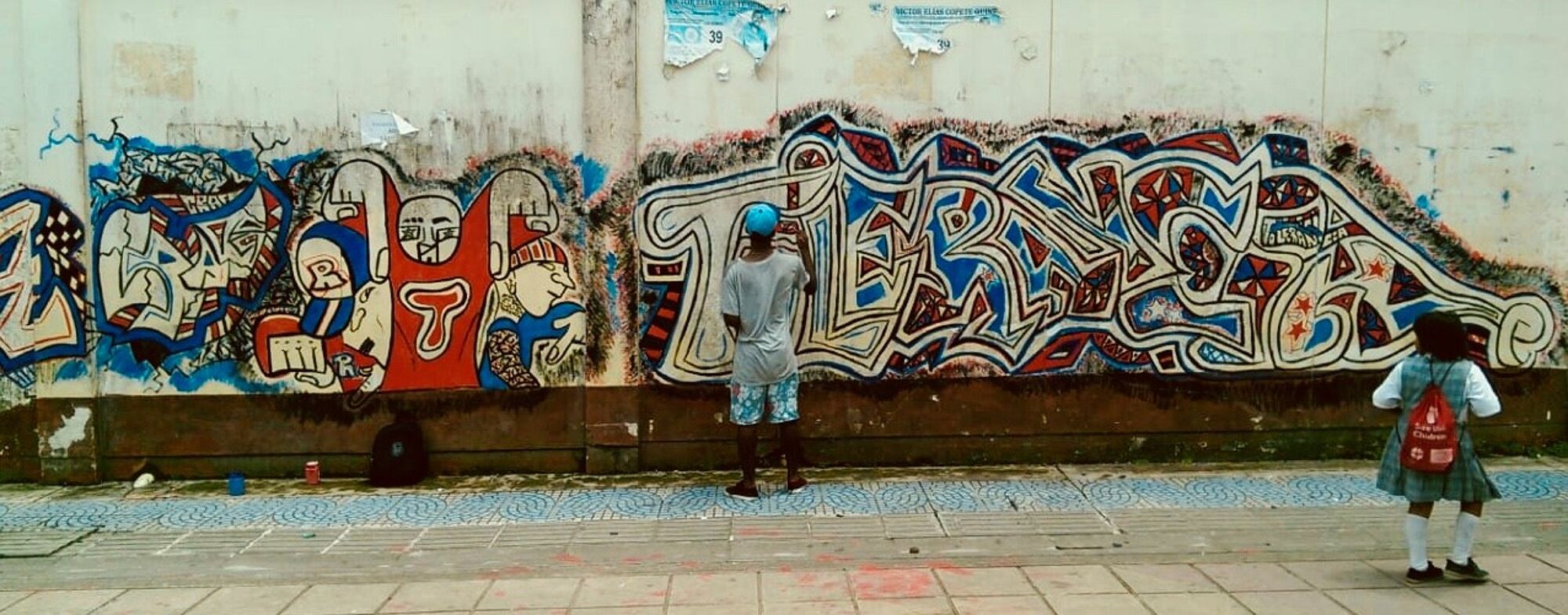
The Glasgow Latin American Research Network (GLARN)
We provide a forum for people from across the University and our city to meet and share research and information relating to Latin America.
To join our mailing list or for any other enquiries, please contact GLARN@gla.ac.uk.
Follow us at @GlaLARN.
Convenors - Soledad Montanez (School of Modern Languages and Cultures) and Allan Gillies (School of Social and Political Sciences)
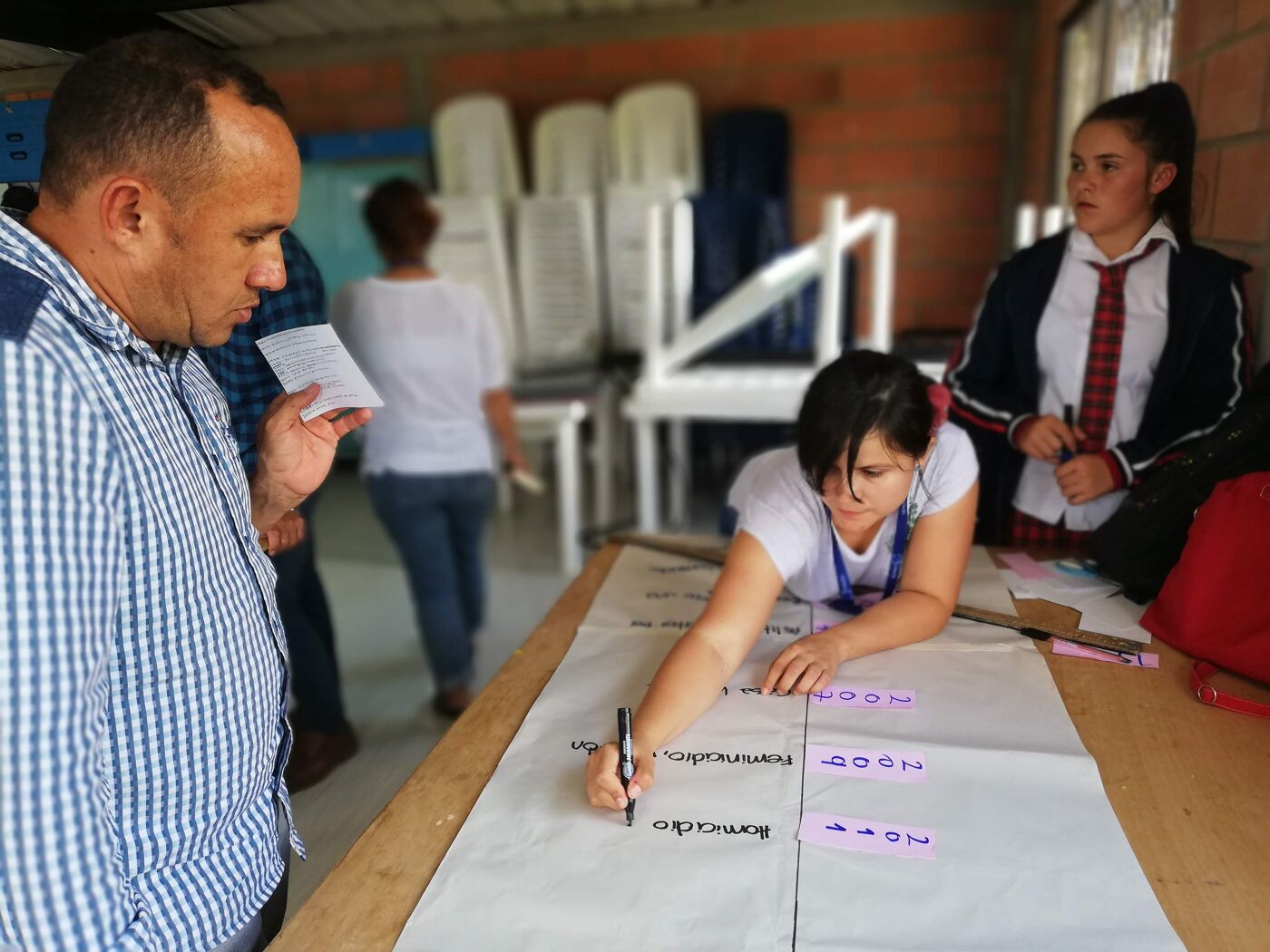
Meet the network
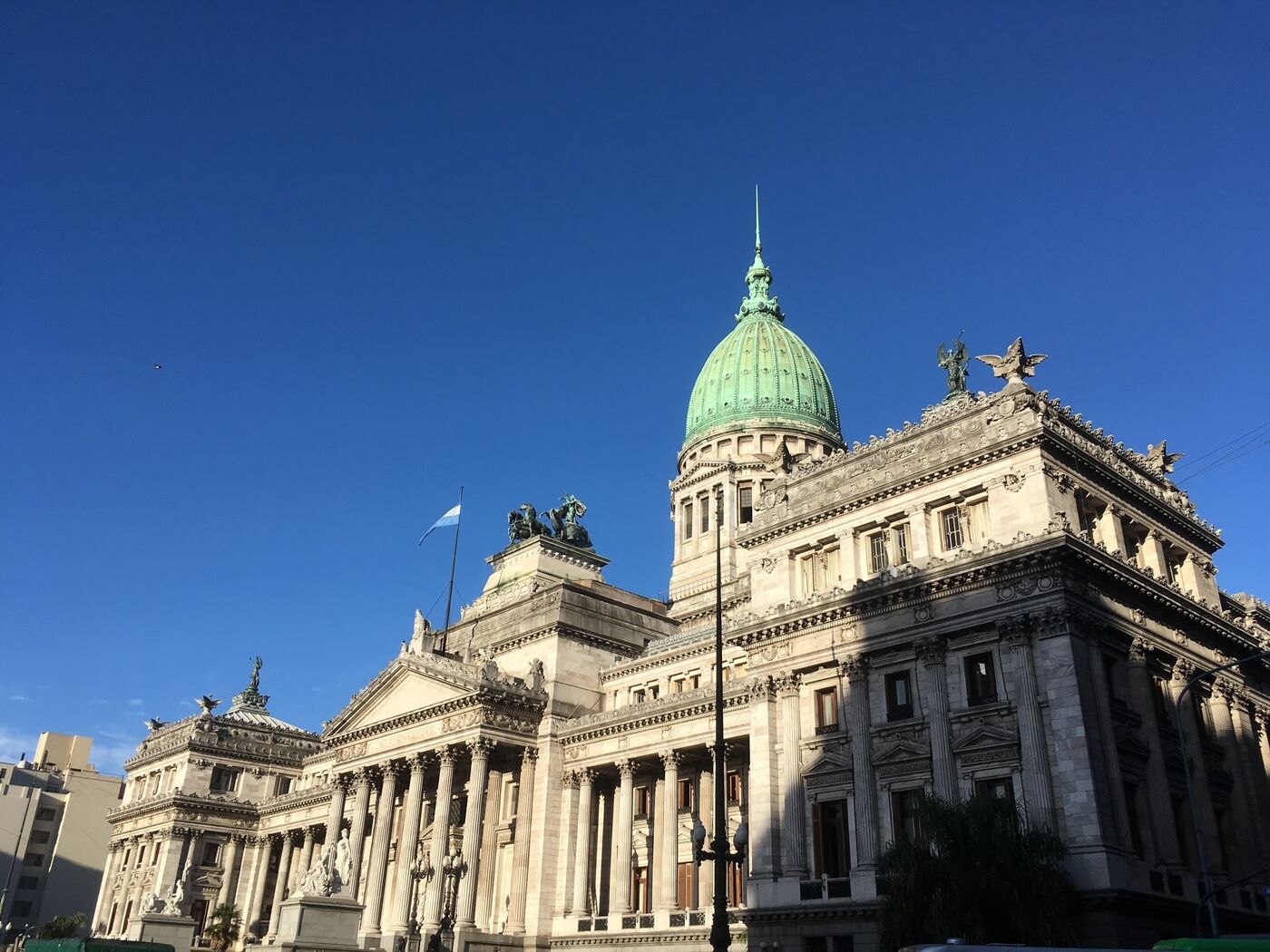
Latin American research at Glasgow
